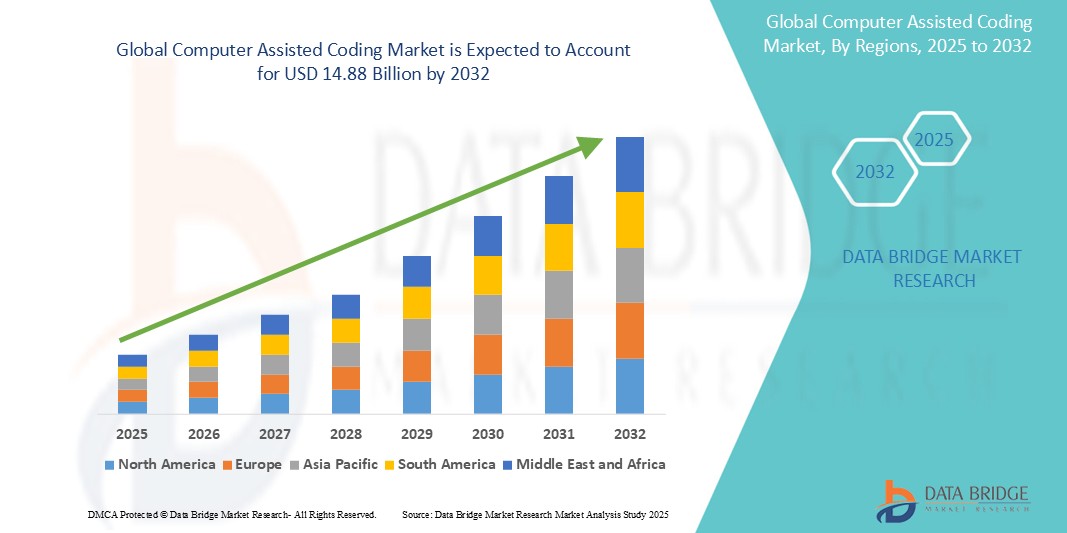Global Electronics Market Faces Shifting Demand Trends in 2025
The global Electronics Market is entering a turbulent phase in 2025, driven by persistent supply chain bottlenecks, inflationary trends, and geopolitical shifts

The global Electronics Market is entering a turbulent phase in 2025, driven by persistent supply chain bottlenecks, inflationary trends, and geopolitical shifts. What was once a high-growth industry now finds itself grappling with shrinking margins, declining consumer confidence, and disrupted logistics. From smartphones to smart TVs, nearly every segment of the electronics ecosystem is feeling the heat.
Supply Chain Woes Take Center Stage
As of mid-2025, supply chain disruptions continue to haunt the global Electronics Market. Semiconductor shortages, which started during the pandemic years, remain unresolved due to slow production ramp-ups in Asia. The reliance on a limited number of foundries has becomes a glaring vulnerability. Key suppliers in Taiwan, South Korea, and mainland China are struggling to keep up with rising demand from AI-powered devices and automotive tech.
Add to that the elevated shipping costs and delays caused by geopolitical tensions in the South China Sea, and the result is widespread inventory shortages. For manufacturers, this means delayed product rollouts and higher costs. For consumers, it translates into higher prices and longer wait times for their favorite gadgets.
Inflation Eats into Consumer Demand
Inflation is another factor squeezing the global Electronics Market in 2025. As prices for basic commodities like food and fuel rise, consumers are tightening their discretionary spending. Devices that were once essential upgradessuch as new smartphones or gaming consolesare now seen as luxury purchases.
Retailers across Europe and North America report weaker-than-expected sales in Q1 and Q2, especially in categories like home entertainment and smart appliances. Budget-conscious consumers are opting for refurbished or mid-tier models, further denting the premium electronics segment.
Rising Competition and Price Wars
Competition is heating up in the global Electronics Market, especially as new players from emerging economies like Vietnam, India, and Brazil enter the space with aggressively priced alternatives. These companies are leveraging local labor advantages, lower production costs, and government subsidies to compete against established giants like Samsung, Apple, and Sony.
However, the growing competition has sparked a brutal price war. To retain market share, big brands are slashing prices, launching trade-in programs, and bundling products with services. This strategy might win customers in the short term, but it's putting significant pressure on profit margins.
Sustainability Demands Add Regulatory Burdens
Governments across the globe are intensifying regulations around e-waste, carbon emissions, and sustainable materials. In the European Union, for example, new legislation requires manufacturers to provide spare parts and ensure devices are repairable for at least 7 years. This has forced companies in the Electronics Market to reengineer their supply chains and redesign products, which adds cost and complexity.
Additionally, ESG (Environmental, Social, and Governance) compliance is becoming a key performance indicator for electronics brands. Failure to meet these standards can result in fines, import restrictions, and damage to brand reputation. Many companies are investing in recycling programs and green packaging, but the transition remains expensive and time-consuming.
Shifts in Consumer Preferences
Todays consumers are more tech-savvy and value-driven than ever before. The global Electronics Market is witnessing a shift in consumer expectationsusers now demand longevity, transparency, and better privacy. Minimalism is trending, and many buyers prefer multi-functional devices instead of owning several single-purpose gadgets.
For instance, demand for smart home devices that integrate with health monitoring, energy tracking, and voice assistants is rising. But these evolving preferences require constant innovation. Companies that fail to adapt risk being rendered obsolete in an environment where consumer expectations are rapidly evolving.
AI and Automation A Double-Edged Sword
Artificial Intelligence (AI) and automation are reshaping the global Electronics Market, offering both challenges and opportunities. While AI integration is opening up new product categoriessuch as smart wearables, AI-powered home robots, and adaptive displaysit also requires investment in R&D, talent, and infrastructure.
Moreover, AI is disrupting the manufacturing process itself. Automation in production plants is increasing efficiency but reducing traditional labor opportunities, creating social and political friction in labor-dependent countries.
Companies embracing AI are moving ahead with predictive analytics for supply chain forecasting and customer behavior modeling. But for brands lagging in digital transformation, the adoption curve is steep and costly.
Emerging Markets Show Promise
While mature markets in North America, Europe, and East Asia are slowing, emerging markets in Africa, Southeast Asia, and South America are showing growth potential. In these regions, mobile penetration is still on the rise, and government digitalization policies are fostering demand for consumer electronics.
However, challenges such as limited infrastructure, political instability, and low per-capita income can act as barriers. Brands aiming to penetrate these markets must localize their offerings and develop strategic partnerships to achieve long-term gains in the global Electronics Market.
The Role of Retail Innovation
Retail strategies are evolving in response to the growing pressure in the Electronics Market. Brick-and-mortar electronics stores are experimenting with immersive showrooms, AR-based shopping experiences, and on-demand repair services to stay relevant.
Online marketplaces are also enhancing product discovery through AI-curated suggestions, video reviews, and personalized deals. The battle for consumer loyalty is shifting toward experience, trust, and service rather than just product specs.
Read Full Article:https://businessinfopro.com/global-consumer-electronics-market-faces-mounting-pressure-in-2025/
About Us:
At BusinessInfoPro, we empower professionals with actionable insights, expert strategies, and the latest trends in business, marketing, and technology. Our mission is to deliver accurate, up-to-date information that helps entrepreneurs, marketers, and decision-makers drive growth and innovation. Whether you're exploring digital marketing, performance strategies, or emerging tech, our content is designed to guide your success. With a commitment to clarity, relevance, and quality, BusinessInfoPro serves as your trusted partner in navigating todays dynamic business landscape. Stay ahead of the curve with expert analysis, how-to guides, and informed perspectives that turn knowledge into impact.
































